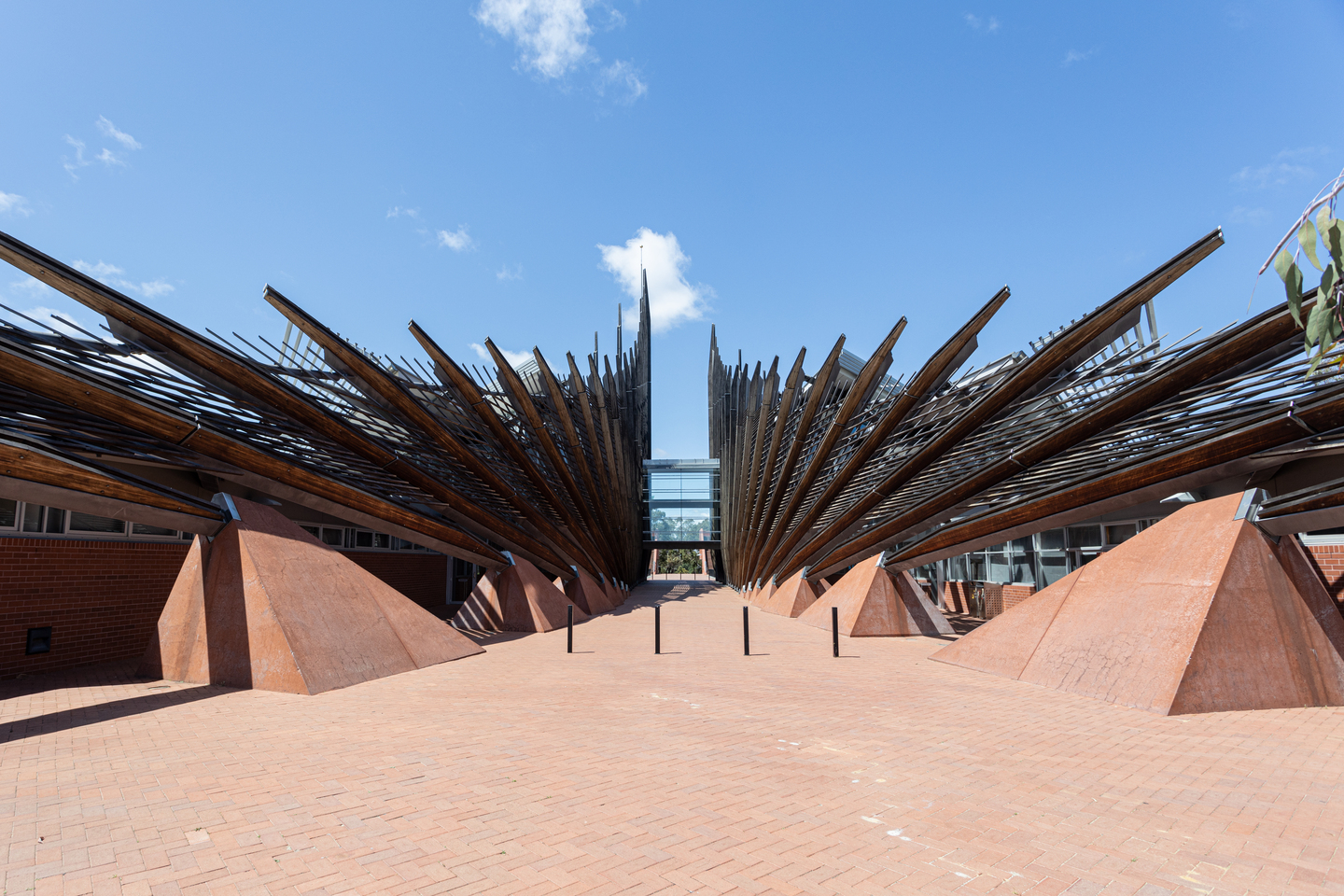University students are looking for better value for money from their tertiary experience.


Every university aims to provide students with a first-class experience, but evidence is emerging that not all are delivering on their undertaking.
The 2021-2022 Good Universities Guide has delivered a mixed bag of results when it comes to students’ overall satisfaction with Australian universities.
The winner is privately owned Queensland-based Bond University, where 85.8 per cent of students surveyed were satisfied with the overall quality of their experience.
The Bond result sits in sharp contrast with the country’s worst performer – the University of New South Wales – where only 61.2 per cent of undergraduates were satisfied with their experience.
The University of Notre Dame Australia, which has campuses in WA and NSW, delivered the second-best result with an overall satisfaction rating of 82.4 per cent at the undergraduate level.
The leader among Western Australia’s four public universities was Edith Cowan University, with 82.3 per cent of students expressing their overall satisfaction, followed by Curtin University (75.5 per cent), Murdoch University (74.6 per cent) and the University of Western Australia (73.9 per cent).
With university leaders scrambling to regroup amid the operational and financial chaos caused by COVID-19, it has become clear that providing a transformative student experience is critical to attracting an increased shared of the domestic student market, and that for international students once borders re-open.
What remains unclear, however, is exactly how to crack the student experience X factor that delivers the kind of transformative experience students are looking for.
KPMG’s recently published report, Student experience in the age of the customer, said the student experience would need to reflect the needs of an increasingly diverse, digital, discerning, demanding and debt-averse cohort.
The report argued that building a transformative experience required university leaders to consider a student’s learning, personal and customer experience.
The learning experience takes account of the way a university caters for a student’s learning style to maximise their education outcome.
The personal experience considers the way an institution can build a unique and personalised relationship with the student.
The customer experience relates to the level of service a student receives in everyday transactions with and across the university.
International management consultancy Nous Group views the student experience as a series of connections with other students, academics, the university, industry, and the community.
Bolstering the student experience, therefore, requires university leaders apply a set of interventions to enhance positive connections.
A university, for example, may put in place initiatives to link students with industry to facilitate employment opportunities, or leaders may support student-to-student connections through group work inside the classroom and student clubs outside of the lecture theatre.
But when it comes to enhancing the student experience, many experts point to the importance of student-led guilds or associations. These bodies are typically not-for-profit entities, based on campus and dedicated to supporting, representing, and enriching the student experience.
It is hardly surprising that some students are demanding a better return on their investment for the time and money spent gaining an undergraduate qualification.
After all, for many, going to university often means frontloading a hefty dose of formal learning and a sizeable debt.
The average student debt from deferred payment of tuition fees alone rose from $14,404 in 2011 to $23,280 by 2020.
And in 2020, more than 24,000 students owed the federal government more than $100,000 each, while around 12,000 students had accrued tuition fee debts of between $90,000 and $100,000 each.
With that level of increasing debt, a student experience that fails to deliver represents a flagging value proposition, and one that may prompt students to vote with their feet and switch to another university that provides a better experience.
Worse still, they may choose to abandon higher education altogether.
What is clear in this unclear pandemic world is those universities that can crack the X factor for student experience will be better positioned to retain their students, attract new ones, build their brand, climb the rankings and – most importantly – provide an excellent return on investment to their customers: their students.
• Professor Gary Martin is chief executive officer of the Australian Institute of Management WA















